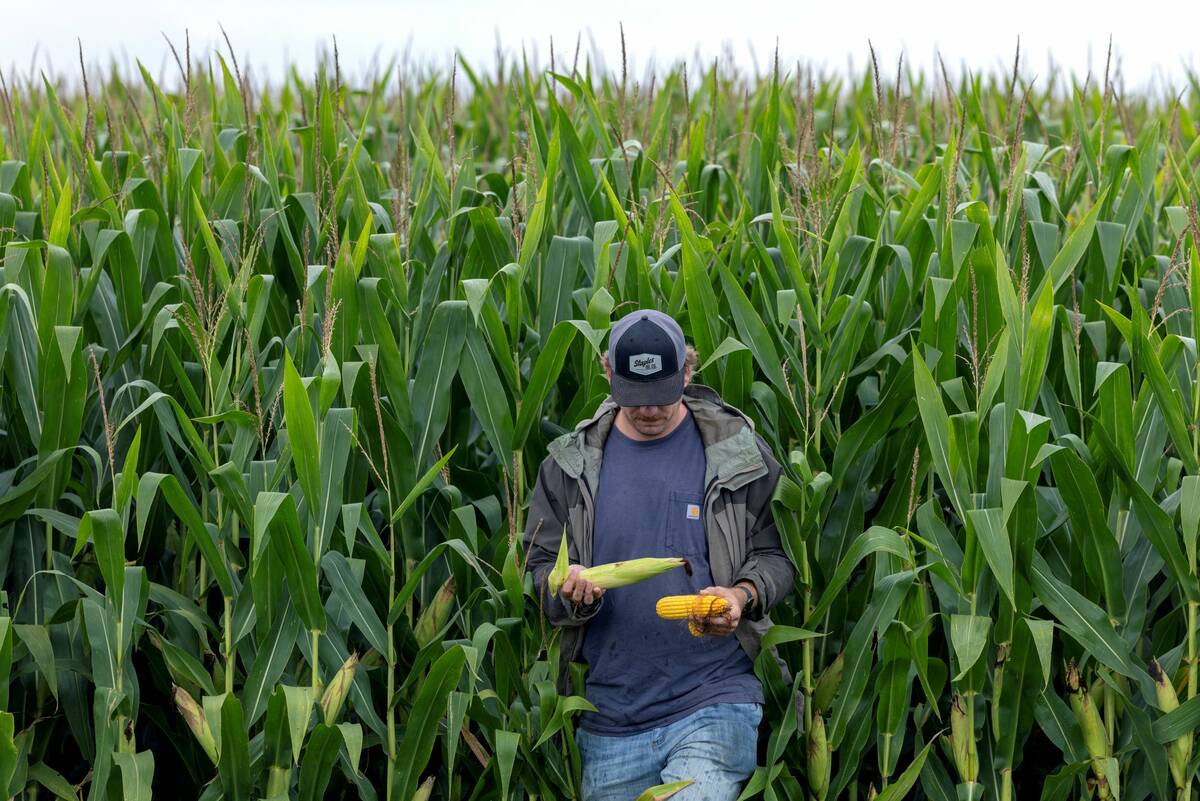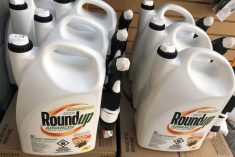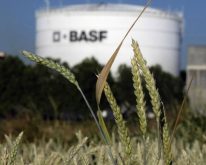Washington | Reuters — U.S. lawmakers expressed concern on Tuesday over a wave of mergers among companies that sell farmers their seeds, herbicides and insecticides, worrying that the deals could lead to higher prices and less innovation at a time of dropping farm incomes.
Senator Richard Blumenthal, a Democrat from Connecticut, said the proposed mergers of Dow and DuPont, Bayer and Monsanto, and Syngenta and ChemChina had potential consequences which were “troubling, in fact alarming.”
Read Also

The U.S. corn crop could be the biggest ever. That’s terrible news for America’s farmers.
The USDA predicts a record corn crop for U.S. farmers, who question the agency’s accuracy amidst high debt and low crop prices.
Executives at the five companies defended their mergers at a hearing of the U.S. Senate judiciary committee but Blumenthal was one of several senators who were unconvinced.
“The stakes are very high here. I am worried about consolidation in this area of our economy and other areas as well,” said Blumenthal, pressing executives from Bayer and Monsanto to acknowledge that their herbicides Liberty and Roundup, respectively, were competitors.
“They are competitors, yes,” said Bayer CEO Jim Blome, who noted the main ingredient in Monsanto’s Roundup was generic. He said this meant merging the two companies would not reduce competition.
The merger spree began in December, when chemical titans DuPont and Dow Chemical agreed to an all-stock merger valued at $130 billion at the time, a first step toward breaking up into three separate businesses (all figures US$).
Next was ChemChina’s $43 billion takeover of Swiss pesticides and seeds group Syngenta in February. That deal won approval from a U.S. national security panel in August.
In September, two of the three big fertilizer companies, PotashCorp and Agrium, said they would merge and German drug and crop chemical maker Bayer clinched a $66 billion takeover of U.S. seeds company Monsanto.
Iowa Republican Senator Charles Grassley, committee chair and a farmer, was one of several lawmakers who worried the deals would slow the rate of improvement in seeds and pest control for farmers.
“I’m concerned that further consolidation will diminish critical research and development initiatives which drive innovation,” he said.
The five companies sought to allay that concern and reassure lawmakers that they would keep licensing new types of seeds to smaller companies.
“Especially in agriculture, innovation is a requirement, not a choice,” responded James Collins, an executive vice-president at DuPont.
“This transaction will increase competition in seeds and traits,” he said, noting that DuPont’s strength is in seeds and Dow’s in agricultural chemicals. “We will be a more effective competitor.”
Asked about cross-licensing of new seeds, Bayer’s Blome said Bayer had “no plans to discontinue that.”
— Diane Bartz is a Reuters reporter covering antitrust issues from Washington, D.C. Additional reporting for Reuters by PJ Huffstutter.












